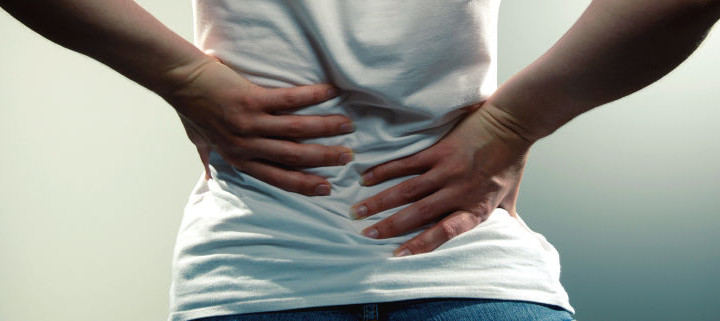You may act like the strong and unbeatable superhero during work, you may be saving a lot of lives and helping people recover, but at the end of the day, you can never escape the consequences of your superhero actions a.k.a. every nurse’s enemy– back pain.
How does one deal with this? Or better yet, how do you relieve back pain, knowing that you are about to face another day doing “heroic” deeds
Ice, ice baby
According to E. Anne Reicherter, PhD, PT, DPT, associate professor of Physical Therapy at the University of Maryland School of Medicine, ice is best in the first 24 to 48 hours after an injury because it reduces inflammation.
“Even though the warmth feels good because it helps cover up the pain and it does help relax the muscles, the heat actually inflames the inflammatory processes,” she adds.
After 48 hours, if you prefer, you can actually shift to heat. But take note that whether you use heat or ice you should take it off after about 20 minutes to give your skin a rest.
Keep movin’
Keep doing your ADLs or activities of daily living. According to Reicherter, “our spines are like the rest of our body — they’re meant to move.” You can walk your dog, go to work and many more. You can even go swimming once you feel a lot better, just don’t overdo it.
Maintain good posture
Don’t slouch, instead, sit and stand straight. The pain you feel might have started out just today, but the strain probably started a long time ago, let’s say, for years when you go about your daily activities and put unnecessary strain on your back. Keeping the right amount of curvature in the back takes pressure off the nerves and will reduce back pain.
Also, be careful of your posture when lifting heavy objects. Never bend over from the waist. Instead, bend and straighten from the knees.
Exercise
As said earlier, go about your daily activities, exercise. But choose low impact exercise regimens such as swimming and yoga as they can greatly reduce back pain.Increase your flexibility.A study from Norwegian University of Science and Technology looked at 30,000 men and women over an 11-year period and found that moderate exercise (two to three hours per week) reduced back pain by 20 percent overall.
Shed some pounds
Watch your weight, keep it within a healthy range. You can do so by getting the right diet and exercise. Being overweight puts excess stress on your spine.
No to smoking
Not only does smoking puts you at risk for osteoporosis and other bone problems, recent research found that smokers are more likely to have low back pain compared with nonsmokers.
Sleep the right way
Consider your posture when sleeping as sleeping in a bad position or on a mattress without support can cause back pain. The best position is on your side, in a relaxed fetal position with your knees bent. Place a pillow between your legs, so that as you sleep, the top leg does not slide forward, causing a twist in your lower back. You might also want to use a small pillow under your neck, so that your spine stays in alignment as much as possible.
Sources:
- https://www.healthline.com/health-slideshow/7-ways-lessen-your-back-pain
- https://www.webmd.com/back-pain/features/manage-low-back-pain-home?page=1
- https://www.webmd.com/back-pain/america-asks-13/12-back-pain-tips?page=1








